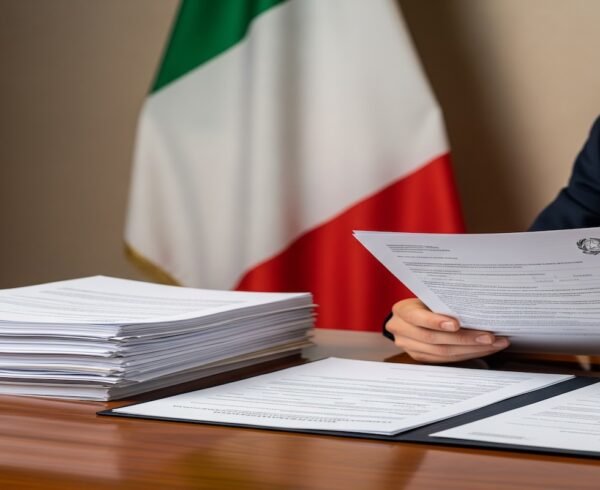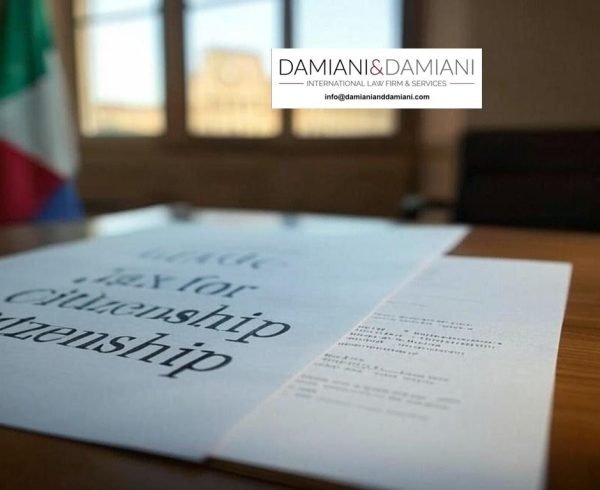exercise abuse dominant position Amazon
EU Antitrust authority against the abuse of dominant market position by the large web companies Apple, Google, and Amazon.
The Antitrust authority of the EU Commission has asked the Grand Duchy of Luxembourg, of which the current President of the EU Commission, Jean-Claude Juncker, was the head of Government from 1995 to 2013, to recover the sum of EUR 250 million. The Seattle giant was able to exercise an abuse of a dominant market position over its competitors because it was allowed to pay “four times less tax than other companies” resident in the country. As explained by the EU Competition Commissioner, Margrethe Vestager, “It is unlawful conduct because multinationals cannot be given tax benefits that others do not have.”
Amazon’s reply
The possibility of establishing tax agreements between governments and companies, called a tax ruling, is legal and, in fact, Amazon replied in a statement of “that it has not received any special treatment from Luxembourg and it has paid the amount due, under Luxembourg and international laws.”
Tax ruling
A tax ruling is an agreement entered into to settle tax obligations between companies and governments. In practice, a Member State makes a deal with a company to determine in advance how income tax should be calculated. By leveraging the great diversity of tax rules in the 27 EU countries to their advantage, large multinationals have been able to save millions on taxes for their businesses by moving their headquarters to countries with an advantageous tax ruling. This was the case of Apple with Ireland, Google and now Amazon with Luxembourg.
The moves of the European Commission
In 2015, the Commission presented the transparency package for tax rulings in 2015, i.e., a new strategy to counter the abuse of dominant position and multinationals from saving millions of euros. The transparency package has been in force since 2016 and contains rules to increase fiscal transparency and combat erosion of the tax base. The package requires all Member States to exchange all information on each tax agreement with companies on a compulsory and automatic basis, eliminating the discretionary power of governments to decide independently on any tax agreement.
Amazon and the Luxembourg case
In the case of Amazon, the EU Antitrust Authority asked Luxembourg to recover EUR 250 million from Amazon. In 2014, the EU conducted an investigation into the tax ruling between Amazon and the Government of Luxembourg. It concluded that the latter had reduced taxes on the global e-commerce powerhouse without any justification, allowing Amazon to shift most of its profits from the company Amazon EU, subject to normal taxation, to Amazon Europe Holding Technologies, with which the tax ruling had been signed. In particular, the tax ruling supported the payment of a royalty from Amazon EU to Amazon Europe Holding Technologies, which significantly reduced taxable profits. In the Commission’s view, the payment of the royalty under the tax ruling did not reflect “the economic reality of the market.”
The Apple case and Ireland
One year ago, it was Apple’s turn to be hit by an antitrust investigation. In that case, the EU Commission asked Ireland to recover EUR 13 billion. Dublin has not yet complied with the EU’s order and the Commission has decided to refer Ireland to the EU Court of Justice for not recovering the sum. Meanwhile, according to the EU Commission, Apple will continue to abuse its dominant position. “Ireland has never accepted the Commission’s analysis, but the Government has always committed itself to ensuring recovery,” writes the Irish Government in a note today, adding that it considers “the move made by Brussels to be extremely regrettable.”
Explain your case and ask for the advice online from the Damiani&Damiani International Law Firm, Rome

















